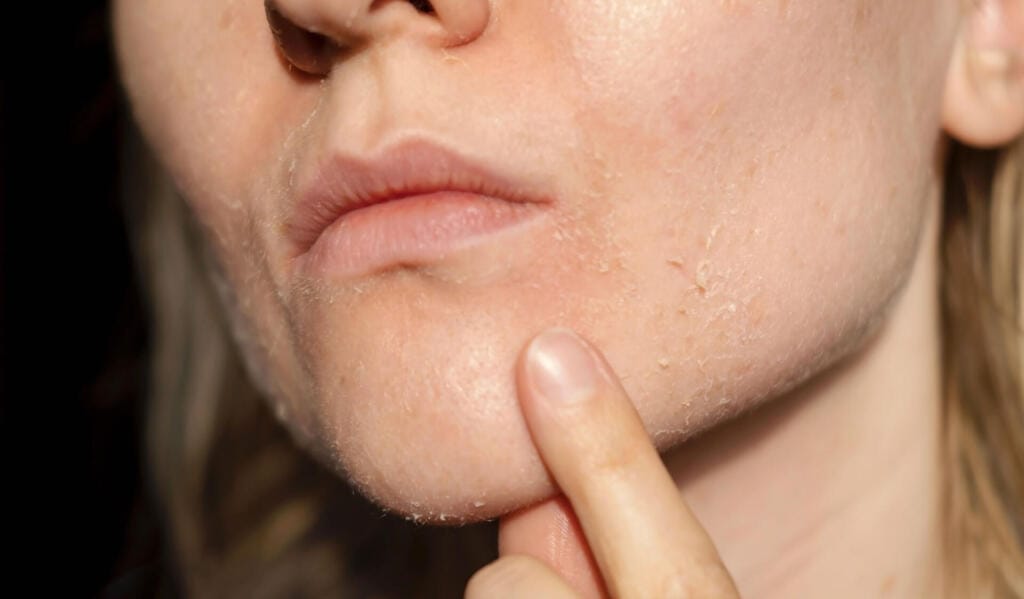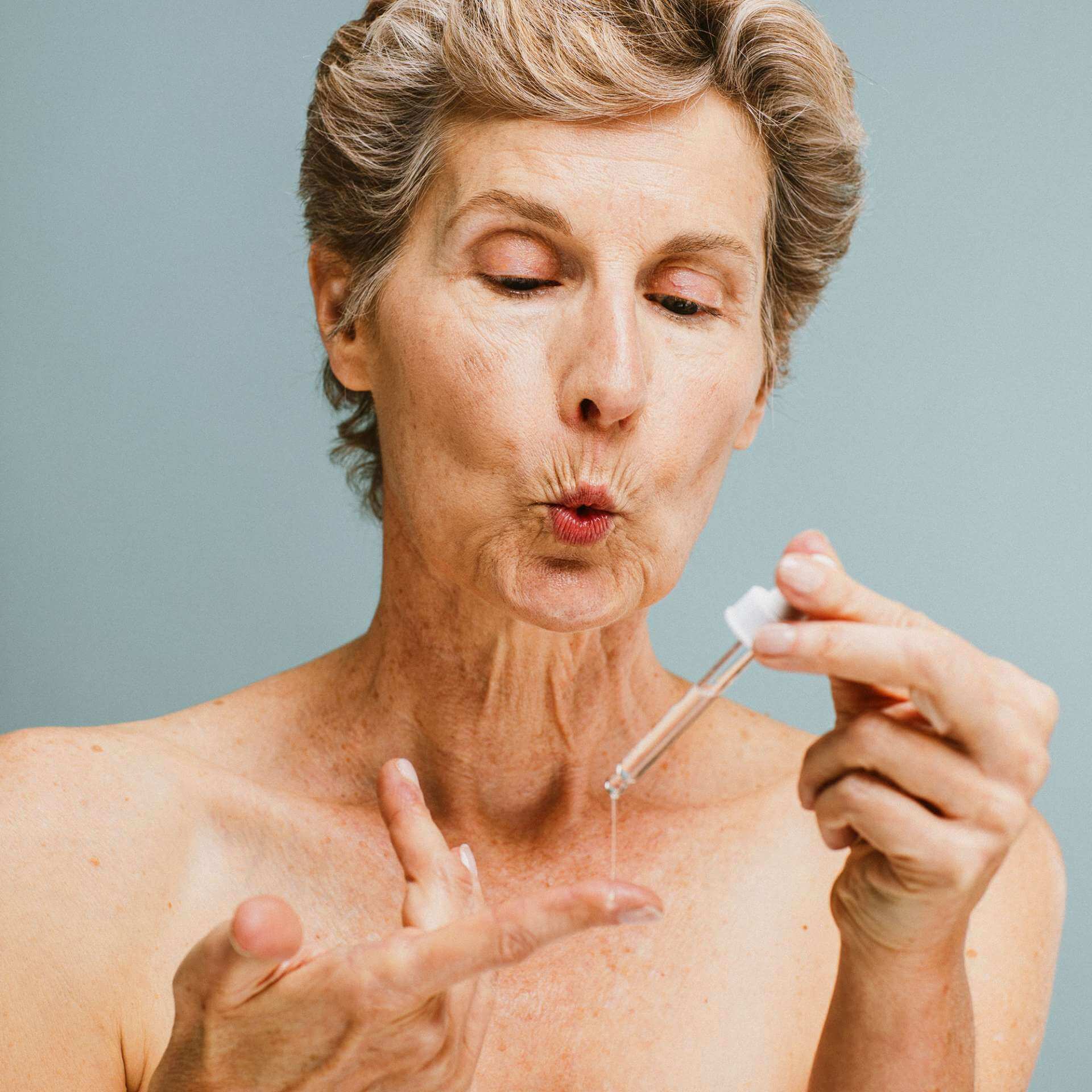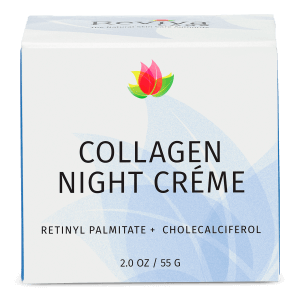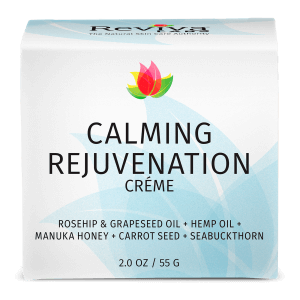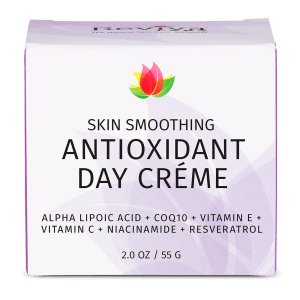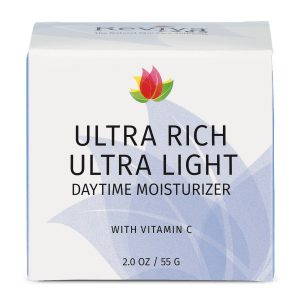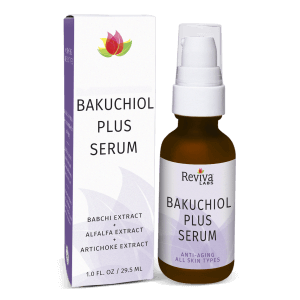Dry skin is a frustrating and uncomfortable condition, but for many of us, it’s also incredibly persistent. The tightness, flakiness, and even occasional itching can make something as simple as pulling on a sweater feel unbearable. The question we’re tackling today is simple: Can you actually reverse dry skin, or is managing it the best you can hope for?
Let me start with this: Dry skin is incredibly common. Over 60% of adults experience dry skin at some point in their lives. And while it may feel like your skin is conspiring against you, there’s a lot you can do to bring it back to life. Reversing dry skin isn’t just about piling on moisturizer—it’s about getting to the root of what’s causing it and addressing it effectively.
What Causes Skin to Dry Out?
Dry skin occurs when your skin loses its ability to retain moisture. This might sound simple, but the causes are anything but. Factors like age, environmental exposure, skincare habits, and even underlying health conditions can all contribute. Let’s take a closer look.
One major factor is the environment. Cold weather, low humidity, and harsh winds strip your skin of its natural oils, leaving it parched and vulnerable. Indoor heating, though comforting in winter, doesn’t help—it creates an environment with almost no humidity, leading to further moisture loss.
Lifestyle habits also play a significant role. Frequent hot showers (yes, I know they’re comforting!), harsh soaps, and over-exfoliation can damage your skin barrier. Without this protective barrier, your skin can’t lock in hydration, leading to dryness and irritation.
And let’s not forget about age. As we grow older, our skin produces less oil, leaving it more prone to dryness. Additionally, certain medical conditions like eczema, psoriasis, and even diabetes can make your skin more susceptible to drying out.
Can Dry Skin Heal Itself?
Here’s the good news: Your skin is a living, breathing organ that’s constantly regenerating itself. But without proper care, dry skin can become a chronic condition. When the skin barrier is damaged, it needs extra help to repair itself. Think of it like a cracked windshield—if you don’t fix the cracks, they’ll only get worse over time.
However, healing isn’t instantaneous. Depending on the severity of your dryness, it can take weeks or even months to see noticeable improvement. But with the right approach, it’s entirely possible to restore your skin’s natural hydration levels.
The Role of Hydration
Hydration is the cornerstone of reversing dry skin, but it’s not just about slathering on moisturizer. It starts from within. Drinking plenty of water is essential, as dehydration can make your skin appear dull and exacerbate dryness. Aim for at least eight glasses a day, and consider eating water-rich foods like cucumbers, watermelon, and oranges.
But internal hydration isn’t enough. You need to create an environment that supports moisture retention. Humidifiers can be a game-changer, especially during the winter months. By adding moisture to the air, they prevent your skin from drying out while you sleep.
Choosing the Right Skincare Products
The products you use on your skin matter—a lot. For dry skin, look for products that contain humectants like hyaluronic acid and glycerin. These ingredients draw water into the skin, giving it a plump, hydrated appearance. Ceramides are another powerhouse ingredient, as they help rebuild the skin’s barrier.
Avoid products with alcohol, fragrance, or harsh exfoliants. These can strip the skin of its natural oils, making dryness worse. Instead, opt for gentle, fragrance-free cleansers and rich, nourishing moisturizers.
And don’t underestimate the power of sunscreen! Sun damage can weaken your skin barrier, so applying sunscreen daily is a non-negotiable, even in the winter.
Lifestyle Adjustments That Make a Difference
Changing a few daily habits can have a big impact on your skin. Start with your shower routine. Keep showers short—under ten minutes—and use lukewarm water instead of hot. Pat your skin dry with a towel (don’t rub!) and apply moisturizer immediately while your skin is still damp. This locks in hydration and helps repair your skin barrier.
Clothing choices also matter. Natural fibers like cotton are gentle on the skin, while wool and synthetic fabrics can cause irritation. And if you’re heading outside in cold weather, bundle up! A scarf and gloves can protect your skin from harsh winds.

What About Diet?
Believe it or not, your diet plays a significant role in your skin’s health. Foods rich in omega-3 fatty acids, like salmon, walnuts, and flaxseeds, can help keep your skin supple and hydrated. Antioxidant-rich foods like berries, leafy greens, and dark chocolate protect your skin from environmental stressors that contribute to dryness.
Don’t forget about vitamins and minerals. Vitamin E, for instance, is a powerful antioxidant that supports skin health, while zinc helps repair damaged skin tissue. If you suspect your diet might be lacking, consider talking to a nutritionist or dermatologist about supplements.
The Science of Sleep and Stress
Your skin does most of its repair work while you sleep, making quality rest essential for reversing dryness. Aim for at least seven to eight hours of uninterrupted sleep each night. If your bedroom is particularly dry, consider running a humidifier to maintain optimal skin hydration while you snooze.
Stress, on the other hand, is a sneaky saboteur. High stress levels increase the production of cortisol, a hormone that can break down the proteins responsible for maintaining your skin’s hydration. Incorporating stress-relief practices like yoga, meditation, or even just taking a walk can help keep your skin—and your mind—healthy.
When to Seek Professional Help
If you’ve tried everything and your skin is still dry, it might be time to consult a dermatologist. Persistent dryness can be a sign of an underlying condition that requires medical attention. A professional can recommend prescription treatments, like medicated creams or ointments, to help restore your skin’s natural balance.
Final Thoughts on Reversing Dry Skin
Reversing dry skin is absolutely possible, but it requires a combination of patience, consistency, and the right tools. From improving your hydration levels to overhauling your skincare routine, small changes can make a big difference. And while it might take time, your skin is worth the effort.
Remember, healthy skin isn’t just about appearances—it’s about comfort, confidence, and feeling like your best self. So, let’s take those first steps toward skin that feels as good as it looks!


